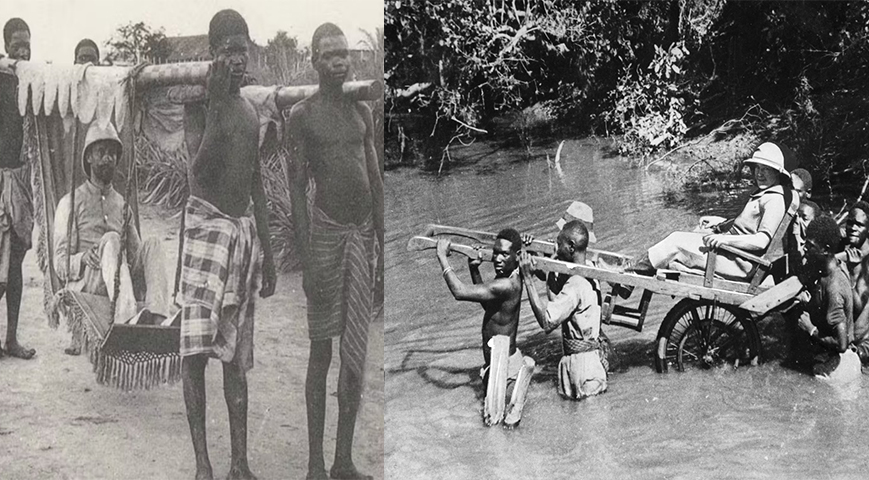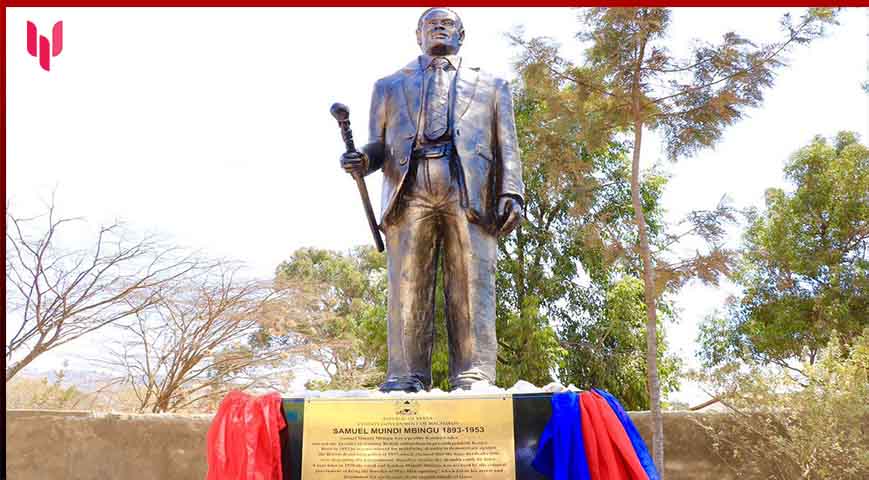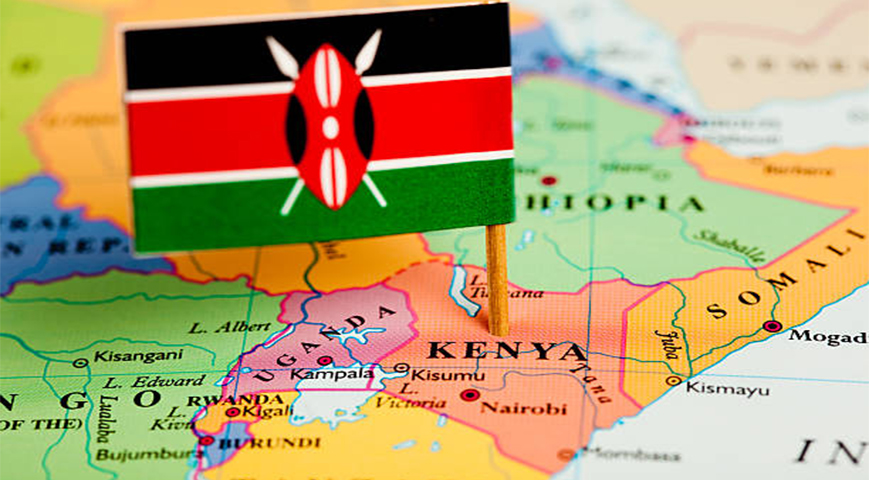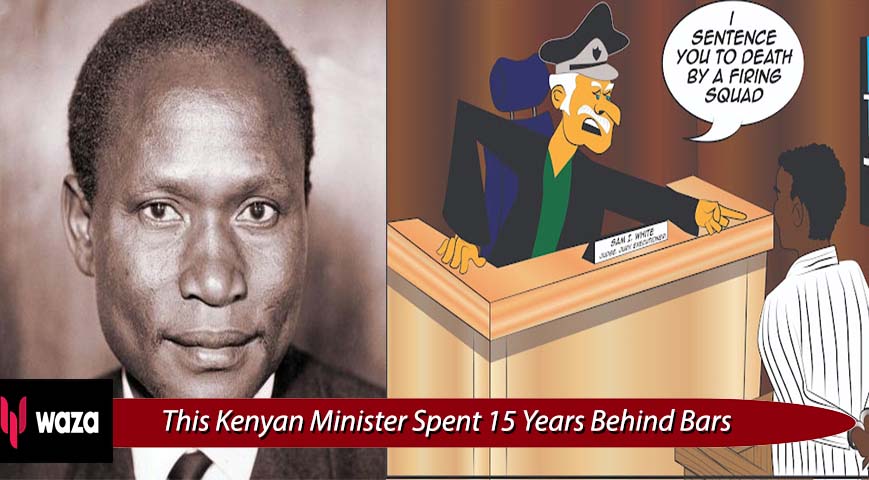Yeah, yeah… we all know the story of how the British colonizers mistreated our forefathers, enslaving them in their land. But just in case you are catching up with the story now, let me give you a brief insight into what was called the "Great Colonization" in Kenya's history leading to the Mau Mau Uprising.
Great Britain colonized Kenya between 1901 and 1960. British immigrants who came to Kenya for its resources and pleasant climate drove indigenous farmers and herders onto infertile territory or forced them to work on European-owned farms and plantations.
Their divide and conquer campaign sowed unprecedented ethnic discord among numerous communities, a good example being Kikuyu and luo. British control in Kenya was characterized by exploitative labor practices, systemic racism, and forced resettlement based on the demands of colonial settlers.
As a result of mounting discontent, there was a protracted rebellion against colonial rule in the 1950s.
Did you read this?
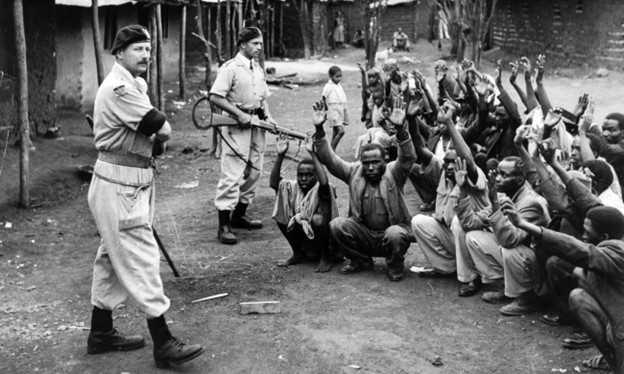
The British said the rebels were members of the "Mau Mau," a secret and violent society whose members had allegedly promised to slay Europeans and force them out of Africa. The British campaign against the Kikuyu was cruel and was justified by accusations that the rebels were terrorists.
The British established incarceration centers for anyone suspected of being involved with the Mau Mau, including the elderly and children minors, and utilized severe torture measures to obtain information and limit uprisings.
So, even though colonization is associated with the negative side of African history, we cannot rule out that it exclusively delivered disadvantages. Several benefits came with it that have been highly beneficial to modern Kenya.
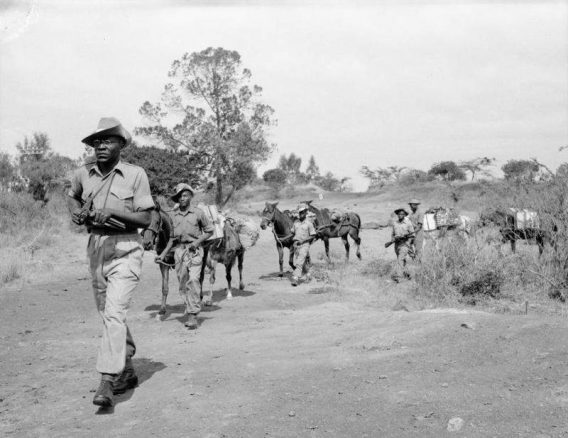
- Colonization resulted in an organized government, the structure and pillars we still use today. Even though most Kenyan leaders have used it for selfish purposes since independence, an organized government is responsible for the strong economy, peace, and freedoms we enjoy today.
- Coffee, tea, wheat, and barley were brought to Africa due to colonization. This considerably increased food security in the country, as well as sophisticated agricultural technologies, resulting in population growth.
- Colonizers established hospitals and medical facilities. This has resulted in a population surge since the 1940s.
- The establishment of schools enlightened Kenyans in various areas, particularly in improving their lives.
- Religion dispelled the majority of the regressive and incorrect beliefs about African cultural customs. This resulted in a fresh lease on life.
- Clothing and shelter were improved. Kenyans were able to transition from temporary to permanent housing.
- Colonizers shared some of the technologies they used, which Kenyans still use today. They include the transformation of raw resources into final goods on a commercial scale.
- The East African railway was constructed to facilitate the transfer of goods and services. Vehicles were brought in, roads were developed, and people's movements were made more accessible.
- Kenyans were unified in their hatred of Europeans/colonizers. Due to mutual adversaries, Kisiis joined Maasai, Kipsigis, Kikuyu with Kamba, Nandi with Luyha, and Luo with Suba to form the country. It was the first time Kenyans banded together on a massive scale against a shared adversary. This was the nationalist spirit that gave birth to Kenya.
- Colonizers improved the infrastructure of communication. Radios and telephones were now possible.

